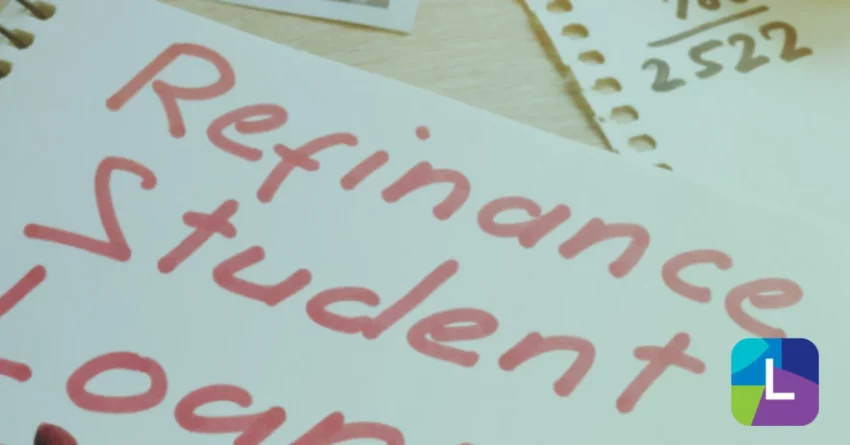Could Refinancing Your Student Loan Save You Money?
Student loans help millions of people each year enter higher education. Tuition fee loans and maintenance loans are the two main forms of government-backed finance for higher education. Official figures show more than £17billion is loaned to around 1.3 million students in England each year1. But on top of this, some students choose to borrow money from a private lender to help support them financially while studying.
For anyone who has done this, and is still repaying their loan, you may find you are forking out more than you need to be. If you are in a better position financially than you were when you took out your loan and have a stronger credit record, then there is a good chance you’ll be able to find a better deal.
We’ve answered some important questions you may have.
Why should I consider refinancing my student loan?
If you have borrowed from a bank or private lender in the past to help fund an undergraduate or postgraduate degree then you may be able to take out a new, cheaper loan to pay off the remainder of what you owe. This will depend on your credit history and your current employment profile as well as how it has changed in the time since your first loan application. If your creditworthiness has improved, obtaining a new loan could result in a lower interest rate or reduced monthly instalments, depending on your goals.
Can anyone take out a refinance loan?
You can be a strong candidate for refinancing if you have a healthy and stable financial history. At Lendwise, you can apply for refinancing while studying for a postgraduate degree if you have secured employment post-graduation.
Will refinancing my loan save me money?
Taking a loan with a lower interest rate than your current loan can save you money. However, this is not always the case. You should review all the details of the loan carefully. For example, you may want to refinance your loan to maximise your cash flow for other areas. But a lower rate doesn’t always mean you’re saving money. Some longer terms may mean you still end up paying more than you currently are. So whichever route you take, make sure to read the small print! Refinancing with a Lendwise loan, for instance, incurs no penalties for early repayment. Extending your loan term doesn’t necessarily mean paying more interest, as you’re not locked into the longer term.
What types of loans can be refinanced?
A loan to cover tuition fees, maintenance or living fees can all be refinanced. At Lendwise we can refinance undergraduate and postgraduate loans. But to be eligible, you must have completed your degree or have secured employment that commences after you graduate.
How do I decide where to go to refinance my loan?
As is the case with any form of credit, you should shop around to find the best deal. You may have more options if your credit history has improved since you took out your first loan. However, be aware that the advertised APR might differ from the rate offered to you. Check if the lender permits a ‘soft search’ to determine the rate you will be given. It’s important to find out how a lender will support you while comparing new deals. Dedicated student finance platforms, like Lendwise, typically offer friendlier terms to students. This comes with fixed interest rates and no penalties for early repayments.
Representative Example: Assumed borrowing of £30,825 over 120 months at 12.73% APR representative. Monthly cost of £509.26. Total amount repayable of £61,199.65. Interest rate of 11.62% p.a.(fixed) and total fees of £925.00. Available for loan amounts between £5,000 – £100,000.
(Representative Example date: October 2024)
[1] Student loan statistics, House of Commons Library, 09 December 2020
